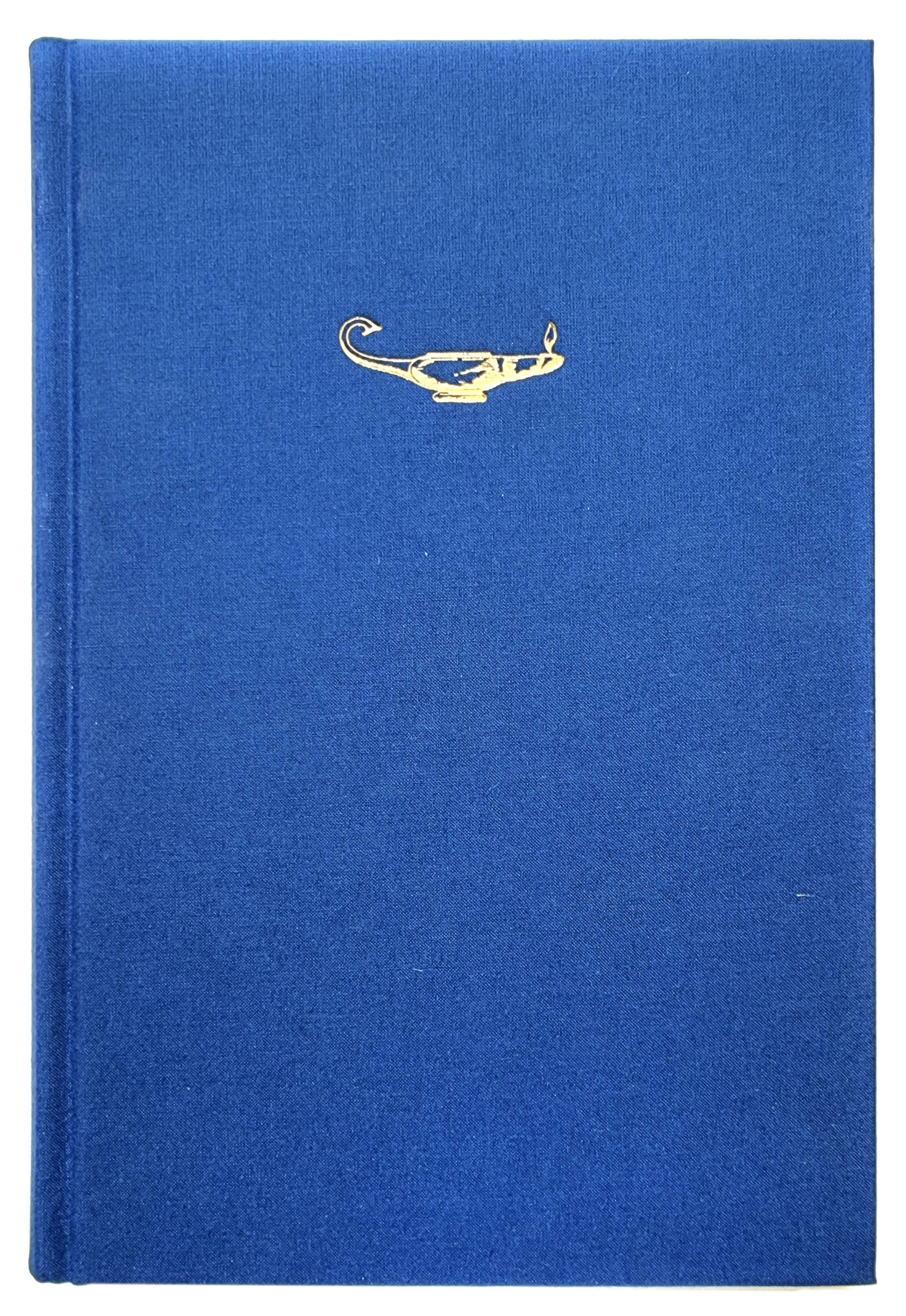A baroque disrupter of Classicism
A reading of Antoinette Deshoulières’s idylls
Keywords:
baroque, classicism, Antoinette Deshoulières, idylls, ecological thinkingAbstract
The article discusses Antoinette Deshoulières’s poetry as a baroque disrupter of the French classical period at the second half of the seventeenth century. The focus is on her nature idylls and their critique of the period’s anthropocentric rationalism. In a first step and as a background, I discuss the conception of French Classicism as a break with baroque key topics, such as instability, metaphorical play, and imagination. From the perspective of French literary history, the Baroque is often conceived of as a disordered predecessor to the rational order of the Classical period associated with the “Age of Louis XIV” (1643–1715). In such a context, Deshoulières’s idylls, ”Les Moutons” (1677) and ”Le Ruisseau” (1685), both published in Le Mercure galant, could be read as baroque disruptors due to their place in a specific Epicurean vein within the French classical period that undermines its dominating rationalism. As a frame for my reading of the idylls, I provide a short description of the context of Deshoulières’s writing and its connexion to a wider libertine movement within literature and art, which can be traced back to the sixteenth century’s revival of Epicurus and natural philosophy. I conclude the article with a brief discussion of the actuality of Deshoulières’s poems in the light of a present ecological thinking.
Downloads
Published
Issue
Section
License
This work is licensed under a Creative Commons Attribution 4.0 International License. The copyright for the work published in Lychnos remains with the authors.


